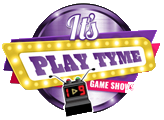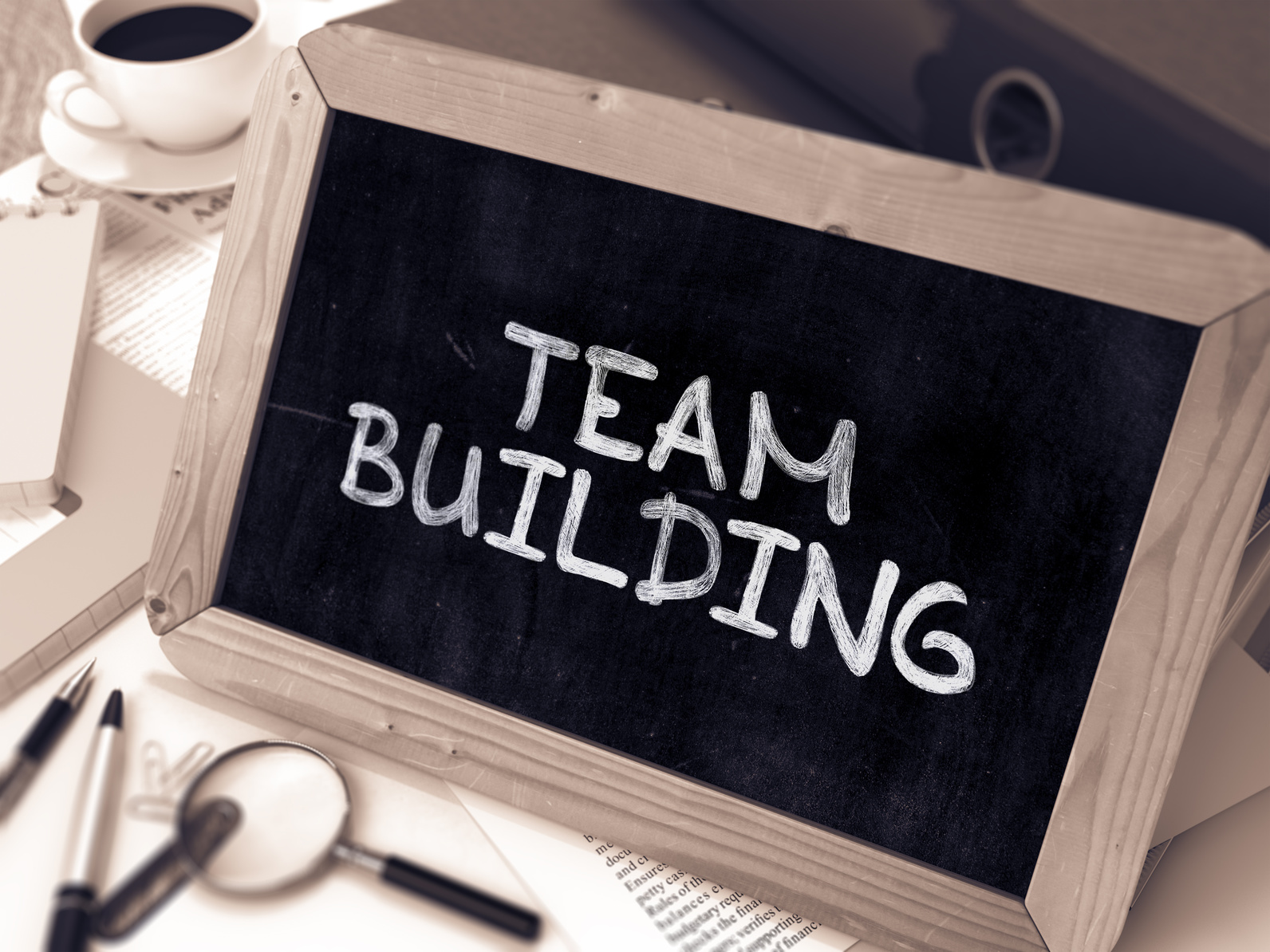As a business owner or manager, keeping your employees motivated and engaged is crucial to the success of your organization. One effective way to achieve this is by incorporating employee incentive ideas into your corporate planning.
From unique themes and exciting activities to low-cost gestures or grand rewards for exceptional achievements go a long way. These programs not only increase morale and productivity but also create a positive work environment that fosters loyalty and reduces turnover rates.
Implementing an employee incentive programs requires careful planning and consideration of your organization’s goals and values. I
t is essential to design a program that aligns with your company culture and provides meaningful rewards that inspire and motivate your team.

Key Takeaways:
- Implementing employee incentive programs can increase morale and productivity while reducing turnover rates.
- Careful planning and consideration of company culture are required to design a program that aligns with your organization’s goals and values.
- Employee incentive ideas can range from simple and low-cost gestures to grand rewards for exceptional achievements.
- Effective employee incentive programs provide meaningful rewards that inspire and motivate your team.
- Employee incentive programs create a positive work environment that fosters loyalty and reduces turnover rates.
Implementing an Employee Rewards Program
In this section, we will explore various employee incentive ideas, discuss the importance of implementing an employee rewards program, and provide techniques to motivate and engage your employees.
As mentioned in the previous section, implementing an employee rewards program can greatly benefit your organization.
Not only does it help to motivate and engage employees, but it can also lead to increased productivity and improved job satisfaction.
When designing your employee rewards program, there are several key components to consider:
| Component | Description |
|---|---|
| Goals | Clearly define the goals of your program and ensure they align with the overall objectives of your organization. |
| Rewards | Determine the types of rewards you will offer and ensure they are meaningful and relevant to your employees. |
| Measurement | Develop a system for measuring the success of your program, such as tracking employee participation and feedback. |
| Recognition Methods | Decide on the methods you will use to recognize and reward employees, such as public recognition or individual bonuses. |
When it comes to selecting the types of incentive programs for employees, consider your organization’s culture and values. Some common options include:
- Performance-based bonuses
- Recognition programs, such as employee of the month
- Professional development opportunities
- Flexible work arrangements
It’s important to note that an effective employee rewards program should be flexible and adaptable.
Take into account feedback from your employees and make necessary adjustments to ensure it remains relevant and engaging.
Got Employee Engagement Games? PRESS PLAY! #employeeincentiveideas #funatwork
![]()
Book a live game show experience today!
Contact us for further details.
For Immediate assistance by text – 917-670-4689
No deposit required.
We plan and facilitate all activities.
5 Popular Employee Incentive Ideas to Consider
Employee recognition and appreciation play a vital role in creating a positive work environment.
If you want to motivate your team and boost productivity, it’s essential to think beyond traditional rewards and explore creative employee incentive ideas.
Here are some employee recognition ideas that can add some fun to your workplace:
1. Employee of the Month
Create an employee of the month program where you reward a team member who has demonstrated exceptional performance and teamwork.
Provide them with a certificate, a trophy, or a small prize. It’s a visible way of recognizing their hard work and encouraging others to step up.
2. Lunch on the Boss
Treat your employees to lunch every once in a while.
You can organize a monthly luncheon where you bring in some food, drinks, desserts and play games to the workplace or take your team out to a nice restaurant.
This will give them a chance to bond with each other and feel appreciated by the company.
3. Personal Development Opportunities
Organize a workshop or training session that focuses on the personal development of your employees.
It can be a skill-based course or a workshop that promotes mental health and well-being.
By investing in their growth and development, you show that you care about their future and value their contributions to your company.
4. Thank You Notes
Sometimes the simplest gestures can have the most significant impact.
Write a personal thank you note to an employee who has gone above and beyond to help the company.
It’s an inexpensive way to show that you value their contribution, and it can serve as a motivation for them to keep up the good work.
5. Casual Dress Fridays
Introduce casual dress Fridays, where your team members can dress down and relax a bit.
It’s a small way to show that you are not just focused on business, but also care about your employee’s well-being.
Remember, employee recognition and appreciation don’t always have to be extravagant or costly. It can be as simple as saying thank you or acknowledging their effort in a public forum.
Get creative with your employee rewards program and make it fun for everyone involved.
Techniques for Employee Motivation
Employee motivation is crucial to keep your team engaged and productive. As a leader, it’s important to understand different techniques to inspire and motivate your employees.
“A manager’s job is to make the people around him or her better.” – Basketball coach, John Wooden
1. Intrinsic and Extrinsic Motivation
There are two types of motivation: intrinsic and extrinsic. Intrinsic motivation is when an employee is driven by personal satisfaction and a sense of accomplishment.
On the other hand, extrinsic motivation is when employees are motivated by external factors such as rewards, recognition, and incentives.
It’s essential to strike a balance between both types of motivation to keep employees engaged in their work.
While extrinsic motivation can incentivize employees to work harder, intrinsic motivation can drive long-term satisfaction and loyalty.
2. Employee Recognition Ideas

Employee-of-the-month-to-boost-morale
Recognizing employees for their hard work and contribution can boost morale and motivation.
Verbal recognition, such as praising employees in team meetings, can go a long way.
However, you can also consider implementing an Employee of the Month program, where the chosen employee is publicly recognized and rewarded for their achievements.
Another idea is to send handwritten thank you notes to individual employees or teams, expressing your appreciation for their hard work and dedication.
3. Employee Appreciation Ideas
Showing appreciation to employees can have a significant impact on their motivation levels. Consider hosting a team-building activity or outing to show your team that you value their hard work.
Even small gestures like bringing in breakfast or lunch for the team can be a great way to show your appreciation.
If your budget allows for it, you can also consider offering additional benefits such as a gym membership or professional development opportunities.
4. Setting Realistic Goals
Setting clear and achievable goals can motivate employees to work towards a common objective. When defining goals, make sure they are specific, measurable, and achievable within a realistic timeframe.
Regularly check in with your team on their progress towards these goals and provide constructive feedback to help them stay on track. Celebrate milestones along the way to keep motivation high.
5. Providing Opportunities for Growth
Providing opportunities for growth and development can help motivate employees to improve their skills and knowledge.
Offer training sessions, workshops, and networking events to help your team develop professionally.
You can also consider offering promotions or opportunities for advancement within your organization.
By providing employees with clear pathways for growth, you can help them stay engaged and motivated over the long term.

Designing an Effective Employee Incentive Program
When designing an employee incentive program, it’s important to consider several key components.
First and foremost, you must determine the goals of the program and how they align with your organization’s overall objectives.
This may involve setting specific targets for performance metrics or recognizing outstanding employee achievements.
Measurement is another important factor in designing an effective employee rewards program.
You need to be able to track progress and ensure that your program is having the desired impact.
This can involve collecting data on employee engagement, retention rates, or other metrics that are important to your organization.
| Recognition Methods | Description |
|---|---|
| Monetary Rewards | Providing bonuses, gift cards, or other financial incentives for reaching specific goals or milestones. |
| Non-Monetary Rewards | Offering recognition through public praise, personalized thank-you notes, or other forms of appreciation that don’t involve money. |
| Team-Building Activities | Organizing events such as team outings, luncheons, or volunteer activities that allow employees to bond and celebrate their achievements together. |
Another important consideration is the type of employee incentive schemes you will use.
There are many different options available, including bonuses, profit-sharing plans, or recognition programs.
You need to select the programs that align with your goals and the needs of your employees.
Finally, ensure that your employee rewards program is designed to be inclusive and equitable.
This can involve soliciting feedback from employees to ensure they feel valued and heard.
It can also involve establishing clear guidelines for eligibility and making sure that rewards are distributed fairly.
By considering these key factors, you can design an effective employee rewards program that motivates and engages your employees while aligning with your organization’s goals.

The Role of Leadership in Employee Incentives
As a leader, it’s imperative to implement and sustain an employee rewards program.
Also, to communicate the goals of the program clearly and provide feedback to my team.
Ensure employees understand the recognition methods and how they can participate in the incentive scheme.
One of the most important aspects of promoting employee motivation is creating a supportive environment that encourages participation.
I must actively listen to my employees’ feedback and make necessary adjustments to improve the program continuously.
If employees feel their ideas are valued and heard, they will be more invested in the program’s success.
Another way to foster employee engagement is by providing employee recognition ideas that go beyond traditional rewards.
Personalizing rewards according to an employee’s preferences is an excellent way to show appreciation and motivate them to continue performing well.
For instance, if an employee is a sports enthusiast, I can offer sports tickets or gear as an incentive.
Additionally, as a leader, I must ensure that employees are equipped with the necessary tools and resources to achieve their goals.
By providing them with the right training and development opportunities, I can help them acquire new skills and boost their confidence, which ultimately drives productivity.

I believe that a leader’s role in promoting employee motivation cannot be overstated.
By fostering a culture of recognition, engagement, and growth, I can help create a positive work environment that benefits everyone.
Evaluating the Success of Employee Incentives
As with any business initiative, it’s essential to evaluate the success of your employee incentives program to determine its impact and identify areas of improvement.
By measuring outcomes and gathering feedback from your employees, you can make necessary adjustments to ensure the program’s continued success and effectiveness.
a – Measuring Outcomes
When evaluating your employee rewards program, it’s crucial to have clear metrics in place to measure its success.
Key performance indicators (KPIs) such as employee retention rates, productivity levels, and job satisfaction surveys can provide valuable insights into the program’s impact.
Analyzing data from these metrics can help you identify the most effective incentives and areas for improvement.
b – Gathering Employee Feedback

Team-building-facilitator
Another critical component of evaluating the success of your employee incentives program is gathering feedback from your employees.
Employee surveys, suggestion boxes, and focus groups can provide valuable insights into how employees perceive the program and where improvements can be made.
It’s essential to ensure that employees feel comfortable sharing honest feedback and that their voices are heard and addressed.
c – Making Necessary Adjustments
Based on the insights gathered from measuring outcomes and gathering feedback, it’s essential to make necessary adjustments to the employee incentives program continually.
This could involve tweaking incentives to better align with your employees’ needs and preferences or making changes to the program structure to better support specific business goals.
Regularly making adjustments to the program helps ensure it remains relevant and effective over time.
Frequently Asked Questions – Employee Incentive Ideas

frequently asked questions
Q1. What employee incentive ideas can boost morale?
There are several employee incentive ideas that can boost morale:
- Implementing a recognition program
- Offering flexible work arrangements
- Providing professional development opportunities
- Organizing team-building activities.
Q2. Why is it important to implement an employee rewards program?
Implementing an employee rewards program is important because it helps motivate and engage employees, fosters a positive work culture, increases productivity, and improves employee retention.
Q3. What are some creative employee incentive ideas?
Some creative employee incentive ideas include
- Organizing themed appreciation days
- Creating a peer recognition program
- Offering personalized rewards
- implementing wellness initiatives
- Hosting company-wide competitions.
Q4. What techniques can be used to motivate employees?
There are various techniques that can be used to motivate employees:
- Setting clear goals
- Providing regular feedback and recognition
- Creating a supportive work environment
- Offering opportunities for growth and development
- Involving employees in decision-making processes.
Q5. How can I design an effective employee incentive program?
To design an effective employee incentive program, you should consider factors such as
- Aligning incentives with organizational goals
- Defining measurable objectives
- selecting appropriate rewards
- Establishing fair and transparent criteria
- Regularly evaluating and adjusting the program as needed.
Q6. What is the role of leadership in employee incentives?
Leadership plays a crucial role in employee incentives by:
- Effectively communicating goals and expectations
- Providing feedback and support leading by example
- Creating a culture of recognition and appreciation
- Ensure the program is aligned with the overall organizational strategy.
Q7. How can I evaluate the success of employee incentives?
To evaluate the success of employee incentives, you can measure key performance indicators:
- Gather feedback from employees through surveys or focus groups
- track employee engagement and satisfaction levels
- Analyze the impact of incentives on productivity, retention, and overall morale









